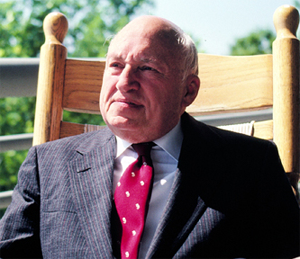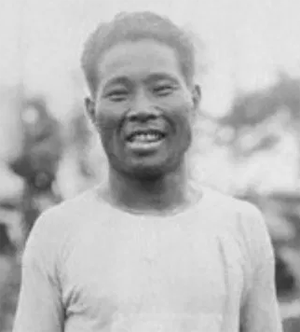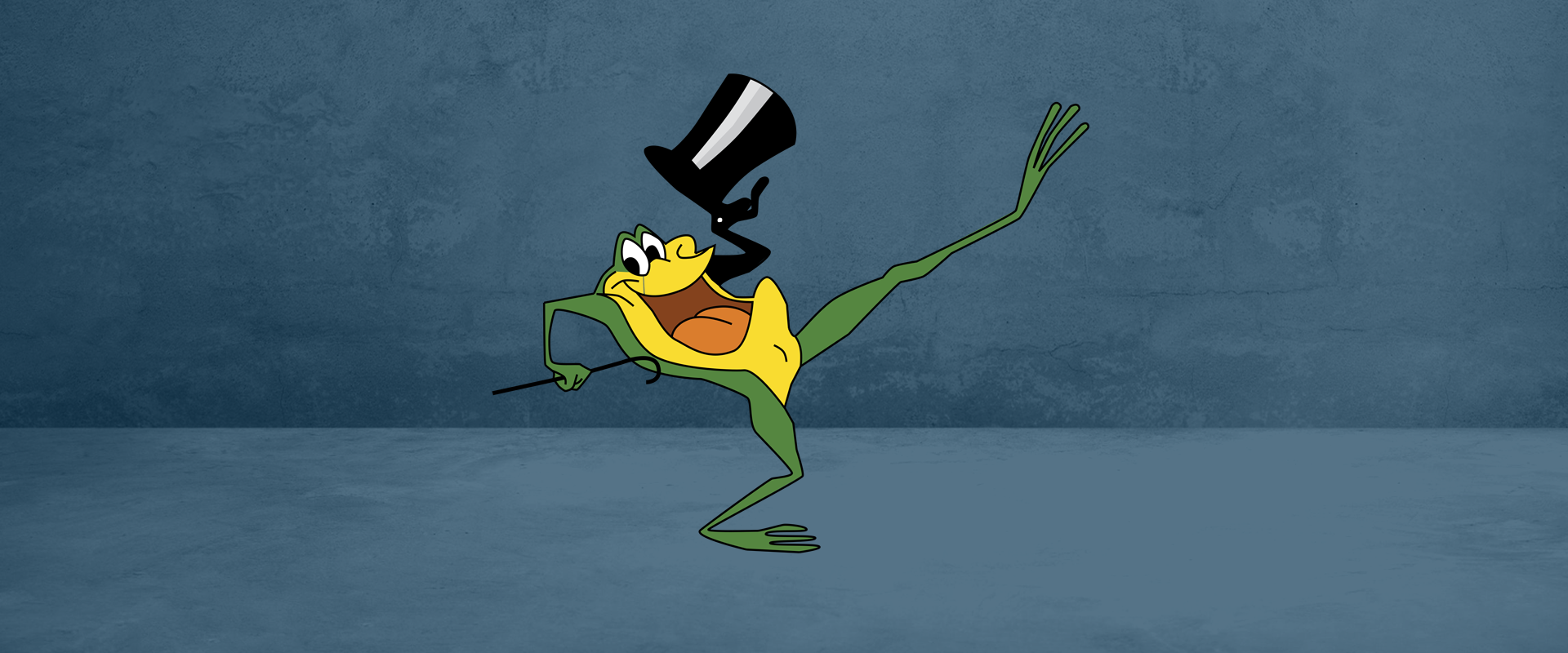The Eagle and the Hippo
Carl Sandburg said, “There is an eagle in me that wants to soar, and there is a hippopotamus in me that wants to wallow in the mud.”
He may not have known it, but he was describing the Christian life. It’s our dual nature, as Paul talked about…
I love God’s law with all my heart. But there is another law at work in me that is at war with my mind. This law wins the fight and makes me a slave to the sin that is still within me. (Romans 7:22-23)
Everyday you must choose: Will I live according to the new nature, or the old? Will I soar with the eagles, or wallow in the mud?
Your decision determines everything: How you greet the day. How you direct your thoughts. How you talk to — or talk about — your co-workers. How you spend your spare change and how you spend your spare time. And on and on.
Every day — every moment of every day — you have the power to choose your environment: the clear blue sky or the local hippo hangout.
You have a key to both places, and access is unrestricted. It just depends on where you prefer to be.
Remember today that God is calling you upward.





 Truett Cathy (founder of Chic-fil-A) once said, “How do you identify someone who needs encouragement? Answer: That person is breathing.”
Truett Cathy (founder of Chic-fil-A) once said, “How do you identify someone who needs encouragement? Answer: That person is breathing.”


 In 1912, marathon runner Shizo Kanakuri was chosen to represent Japan in the Summer Olympics at Stockholm.
In 1912, marathon runner Shizo Kanakuri was chosen to represent Japan in the Summer Olympics at Stockholm.


 There’s a story about a farmer who called a restaurant owner, asking if he was interested in making a deal on some frog legs.
There’s a story about a farmer who called a restaurant owner, asking if he was interested in making a deal on some frog legs.
